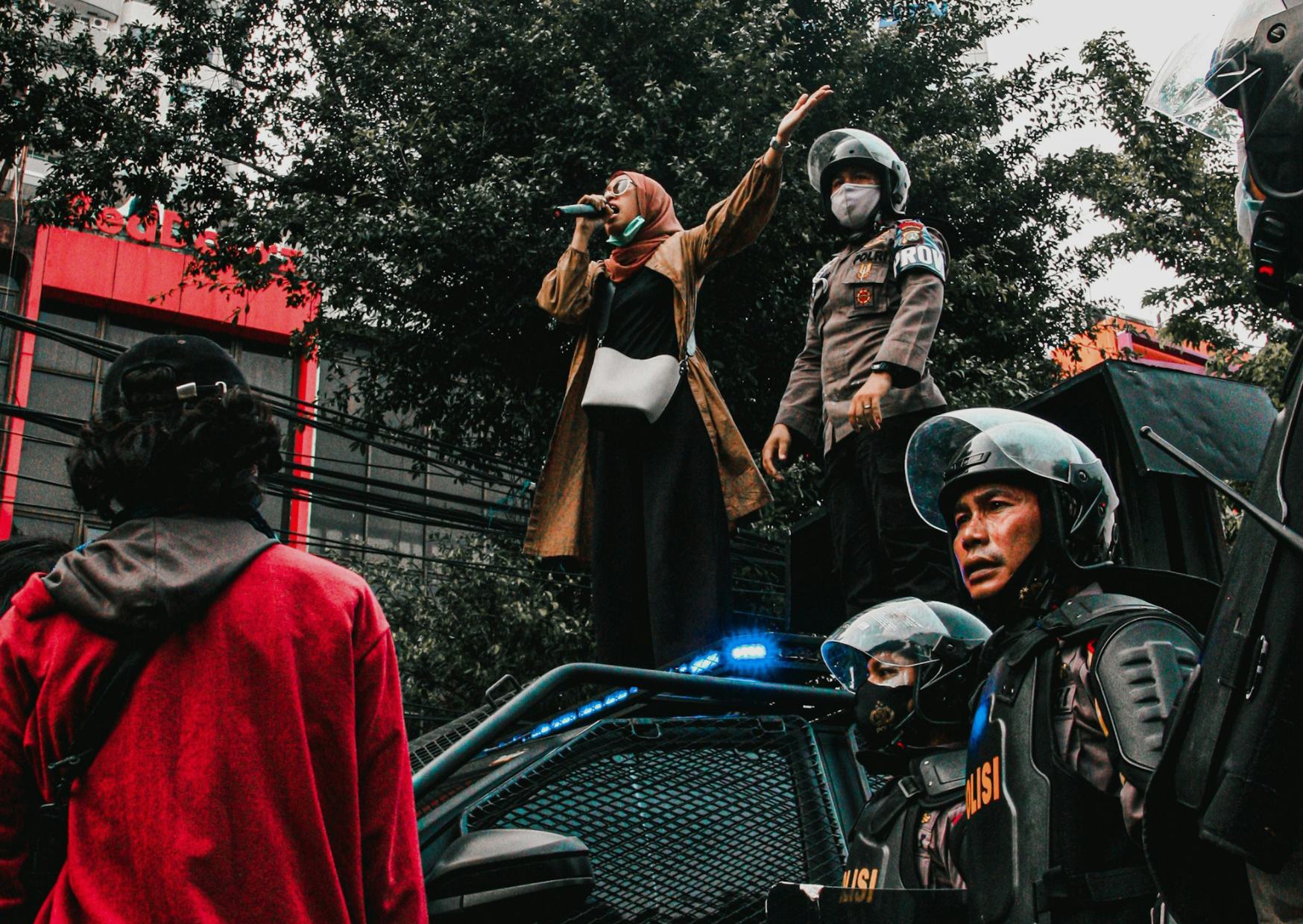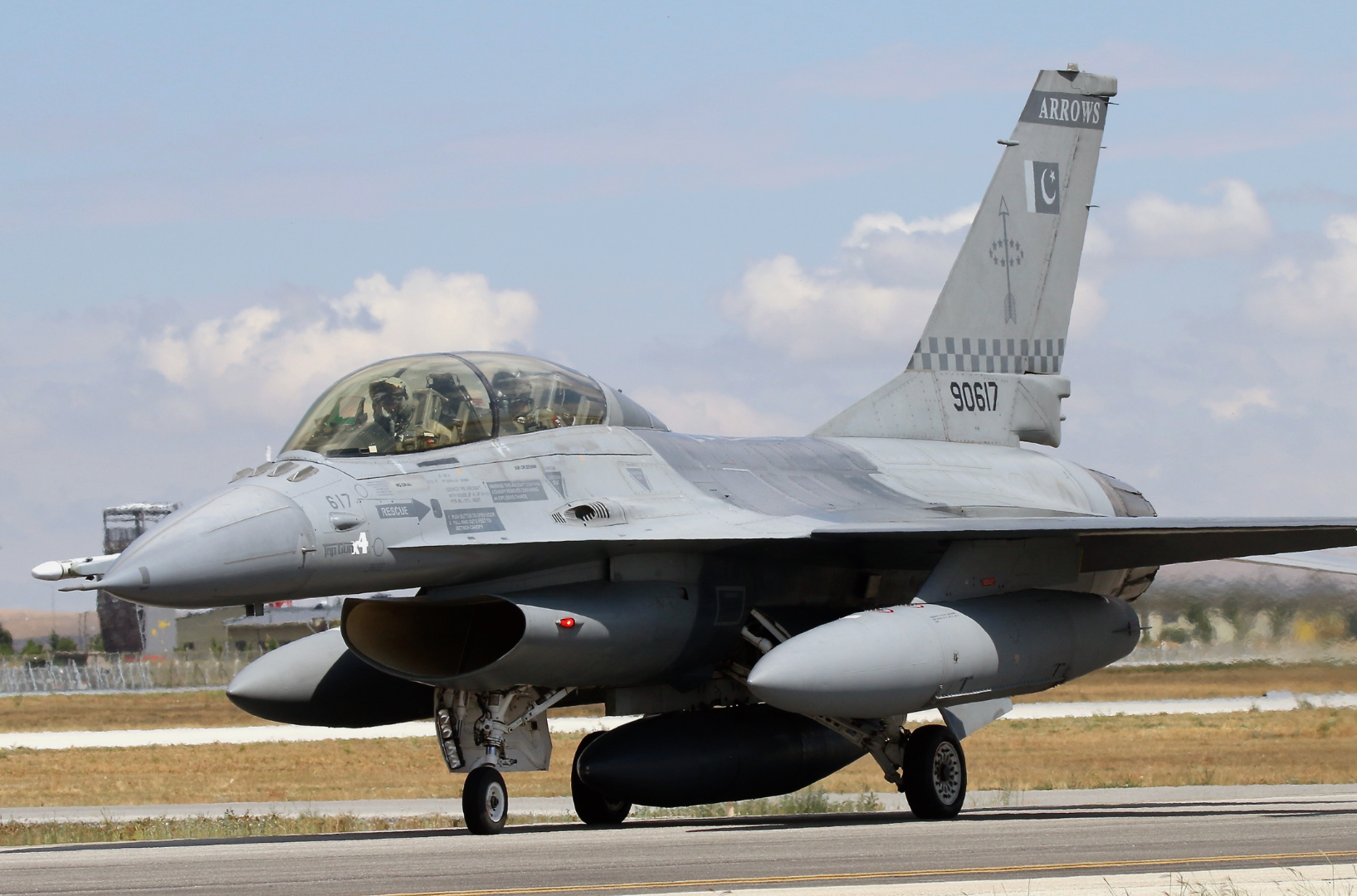Written by Stefania Benaglia
If the EU and India choose realism over rhetoric and build trust not only between governments but also among businesses, innovators, and people, the 2026 Summit could mark a genuine turning point — one where strategic clarity finally replaces political symbolism.
Read More
















